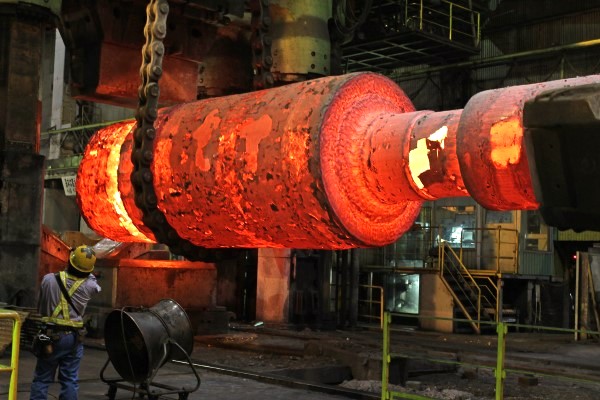Given that the current plan was issued in October 2021 and is legally required to be revised after three years (i.e., by October 2024), the Advisory Committee for Natural Resources and Energy’s Strategic Policy Committee began discussions on May 15 on its revision.
At a regular press conference on May 17, FEPC Chairman HAYASHI Kingo, president of the Chubu Electric Power Co., voiced the federation’s basic recognition that “the Strategic Energy Plan serves as a compass for Japan’s energy policy, and matters will have to be discussed thoroughly and with responsibility given that the plan is a policy to support the nation’s economy and people’s daily lives.”
He then raised the following points as key matters and expectations for discussion:
- Establishing scenarios that take future uncertainties into account.
- Clarifying the importance of securing stable energy supplies and energy security.
- Promoting renewable energy.
- Clarifying the role and utilization of nuclear power.
- Maintaining and securing thermal power capabilities and promoting decarbonization.
- Promoting electrification.
- Establishing an environment for achieving Green Transformation (GX).
The May 27 issue brief organizes what the FEPC describes as background issues and expectations for each key discussion matter. For example, the topic of establishing scenarios that take future uncertainties into account requires flexible scenarios to achieve affirmatively realistic networking and the availability of facilities with consideration of lead times for investigations, environmental assessments, and construction work for the development of each power source.
Another key matter concerned nuclear power, with the following points cited as background issues:
- There is still a lack of public understanding about nuclear power, given its uncertain position in state energy policy.
- Reactors currently not operating are not being restarted.
- The recovery of initial investments and costs cannot be foreseen.
FEPC also mentioned the following points as future requirements:
- Clarifying the meaning of “maximum use” (the restart of existing reactors, the construction of new ones, and the replacement of superannuated ones, with the view of nuclear power as a decarbonizing power source that contributes to energy security).
- Adopting measures—including the development of the business environment and financial support—that are effective in promoting investment and cost recovery.
- Encouraging national participation, to a certain extent, in backend businesses, including the nuclear fuel cycle.
Reviewing the nuclear damage compensation system from the viewpoint of appropriate compensation.











